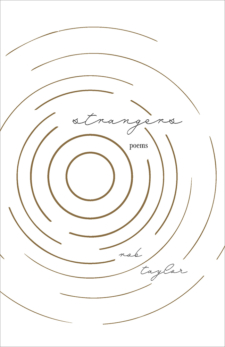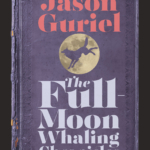Description
The follow-up to Guriel’s NYT New & Noteworthy Forgotten Work is a mashup of Moby-Dick, The Lord of the Rings, Byron, cyberpunk, Swamp Thing, Teen Wolf … and more.
It’s 2070. Newfoundland has vanished, Tokyo is a new Venice, and many people have retreated to “bonsai housing”: hives that compress matter in a world that’s losing ground to rising tides. Enter Kaye, an English literature student searching for the reclusive author of a YA classic—a beloved novel about teenage werewolves sailing to a fabled sea monster’s nest. Kaye’s quest will intersect with obsessive fan subcultures, corporate conspiracies, flying gondolas, an anthropomorphic stove, and the molecular limits of reality itself. Set in the same world as Jason Guriel’s critically acclaimed verse novel Forgotten Work, which the New York Times called “unlikely, audacious, and ingenious,” and written in virtuosic rhyming couplets, The Full-Moon Whaling Chronicles cuts between Kaye’s quest, chapters from the YA novel, and guerilla works of fanfic in a genetically modified monsterpiece: a visionary verse novel destined to draw its own cult-following.
Praise for Forgotten Work
“A futuristic dystopian rock novel in rhymed couplets, this rollicking book is as unlikely, audacious and ingenious as the premise suggests.”
—New York Times
“A wondrous novel.”
—Ron Charles, Washington Post
“What do you get when you throw John Shade, Nick Drake, Don Juan, Sarah Records, and Philip K. Dick into a rhymed couplet machine? Equal parts memory and forgetting, detritus and elegy, imagination and fancy, Forgotten Work could be the most singular novel-in-verse since Vikram Seth’s The Golden Gate. Thanks to Jason Guriel’s dexterity in metaphor-making, I found myself stopping and rereading every five lines or so, to affirm my surprise and delight.”
—Stephen Metcalf
“This book has no business being as good as it is. Heroic couplets in the twenty-first century? It’s not a promising idea, but Forgotten Work is intelligent, fluent, funny, and wholly original. I can’t believe it exists.”
—Christian Wiman







